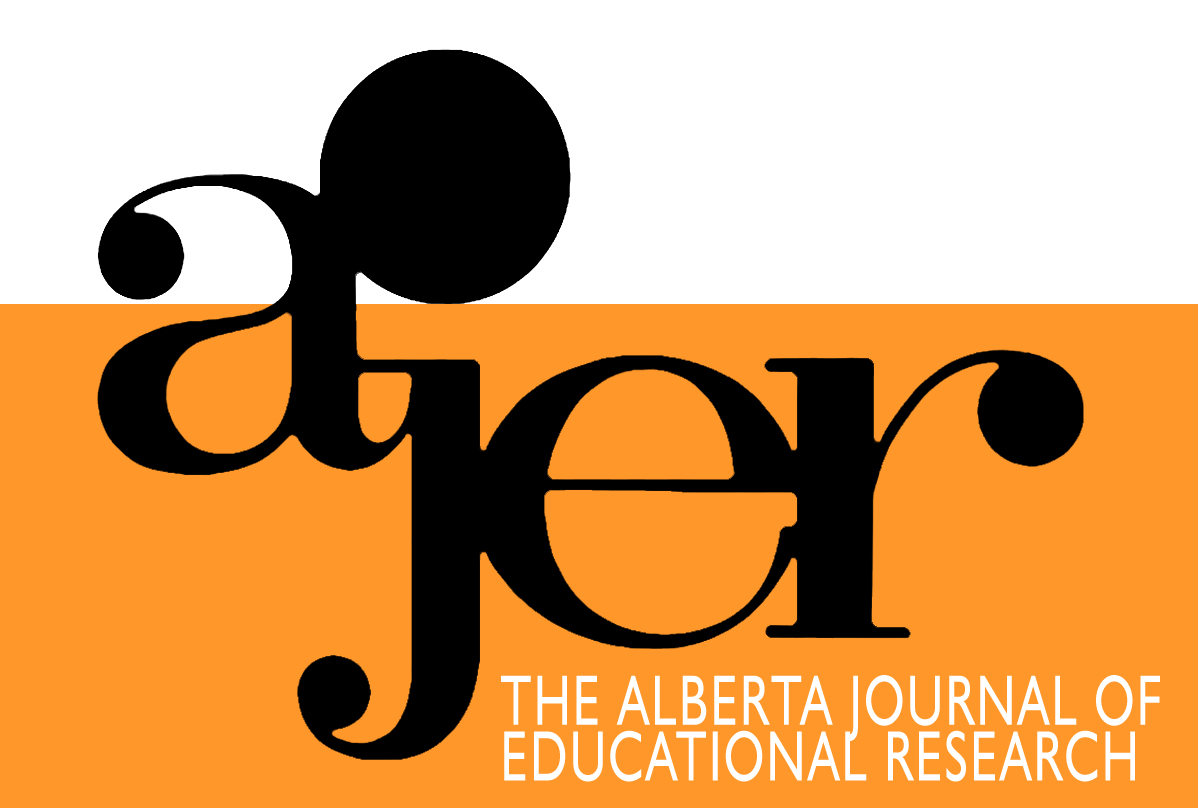Examining Teacher Job Satisfaction and Principals’ Instructional Supervision Behaviours: A Comparative Study of Turkish Private and Public School Teachers
DOI:
https://doi.org/10.55016/ojs/ajer.v60i1.55780Keywords:
teachers, job satisfaction, instructional supervision behaviours, public/private schools, Turkey, enseignants, satisfaction au travail, comportements relatifs à la supervision professionnelle, écoles privées/publiques, TurquieAbstract
In spite of a strong body of research examining teacher job satisfaction and teachers’ assessment of their principals’ behaviours, most studies focus on the educational systems in the first world countries. This quantitative study focuses on a lesser-examined educational context by comparing school teachers’ job satisfaction levels and principals’ instructional supervision behaviours in Turkish private and public schools. The results suggest that for all examined demographical characteristics of participating teachers (e.g., gender, school level, subject matter, and years of teaching); private school teachers had higher levels of job satisfaction and assessed their principals’ instructional supervision behaviours higher than did public school teachers. These findings suggest there are more favourable working conditions in Turkish private schools than in public schools and support research trends on the topic of teacher job satisfaction from other countries.
L’important corpus de recherche qui porte sur la satisfaction au travail des enseignants et leurs évaluations du comportement des directeurs a surtout étudié les systèmes d’éducation dans les pays du premier monde. Cette étude quantitative se situe dans un contexte éducatif moins étudié et compare les niveaux de satisfaction au travail des enseignants et le comportement des directeurs relatif à la supervision professionnelle dans des écoles privées et publiques en Turquie. Les résultats indiquent que pour toutes les caractéristiques démographiques étudiées (par ex. sexe, niveau scolaire, matière, nombre d’années d’enseignement), les enseignants dans les écoles privées ressentent plus de satisfaction au travail et estiment davantage le comportement de leurs directeurs relatif à la supervision professionnelle que les enseignants dans les écoles publiques. Ces résultats portent à croire qu’en Turquie, les conditions de travail dans les écoles privées sont plus favorables que celles dans les écoles publiques, ce qui s’inscrit dans les tendances en recherche portant sur la satisfaction au travail des enseignants dans d’autres pays.
Downloads
Published
Issue
Section
License
UNIVERSITY OF ALBERTA COPYRIGHT LICENSE AND PUBLICATION AGREEMENT
If accepted, authors will be asked to sign a copyright agreement with the following points:
A. Where there is any inconsistency between this Copyright License and Publication Agreement and any other document or agreement in relation to the same subject matter, the terms of this Agreement shall govern.
B. This document sets out the rights you are granting in relation to publication of your article, book review, or research note entitled (the “Article”) through inclusion in the academic journal titled Alberta Journal of Educational Research (the “Journal”) published through the Faculty of Education, representing the Governors of the University of Alberta (the “Journal Editor”).
C. There will be no payment to you for this publication and grant of rights. In consideration of the agreement to publish the Article in the Journal:
1. You are warranting that:
- the content of the Article is your original work, and its content does not contain any material infringing the copyright of others; or, where the Article is not entirely your original work, you have obtained all necessary permissions in writing to grant the rights you are giving in this agreement;
- the content of the Article does not contain any material that is defamatory of, or violates the privacy rights of, or discloses the confidential information of, any other person;
- the Article has not been published elsewhere in whole or in part, and you will not allow publication of the Article elsewhere without the consent of the Journal Editor;
- the names of all co-authors and contributors to the Article are:
2. You agree to license the copyright in the Article to the Journal Editor, on a worldwide, perpetual, royalty free basis; and to the extent required by the terms of this agreement. You shall retain the right at all times to be acknowledged as the/an author of the Article.
3. You further agree that the Journal Editor has the entitlement to deal with the Article as the Journal Editor sees fit, and including in the following manner;
- The right to print, publish, market, communicate and distribute the Article and the Journal, in this and any subsequent editions, in all media (including electronic media), in all languages, and in all territories, ing the full term of copyright, and including any form of the Article separated from the Journal, such as in a database, abstract, offprint, translation or otherwise, and to authorize third parties to do so;
- The right to register copyright of the Journal;
- The right to edit the Article, to conform to editorial policy as the Journal Editor sees fit.
4. If any co-author or contributor to the Article does not sign this agreement, the Journal Editor reserves the right to refuse to publish the Article.



